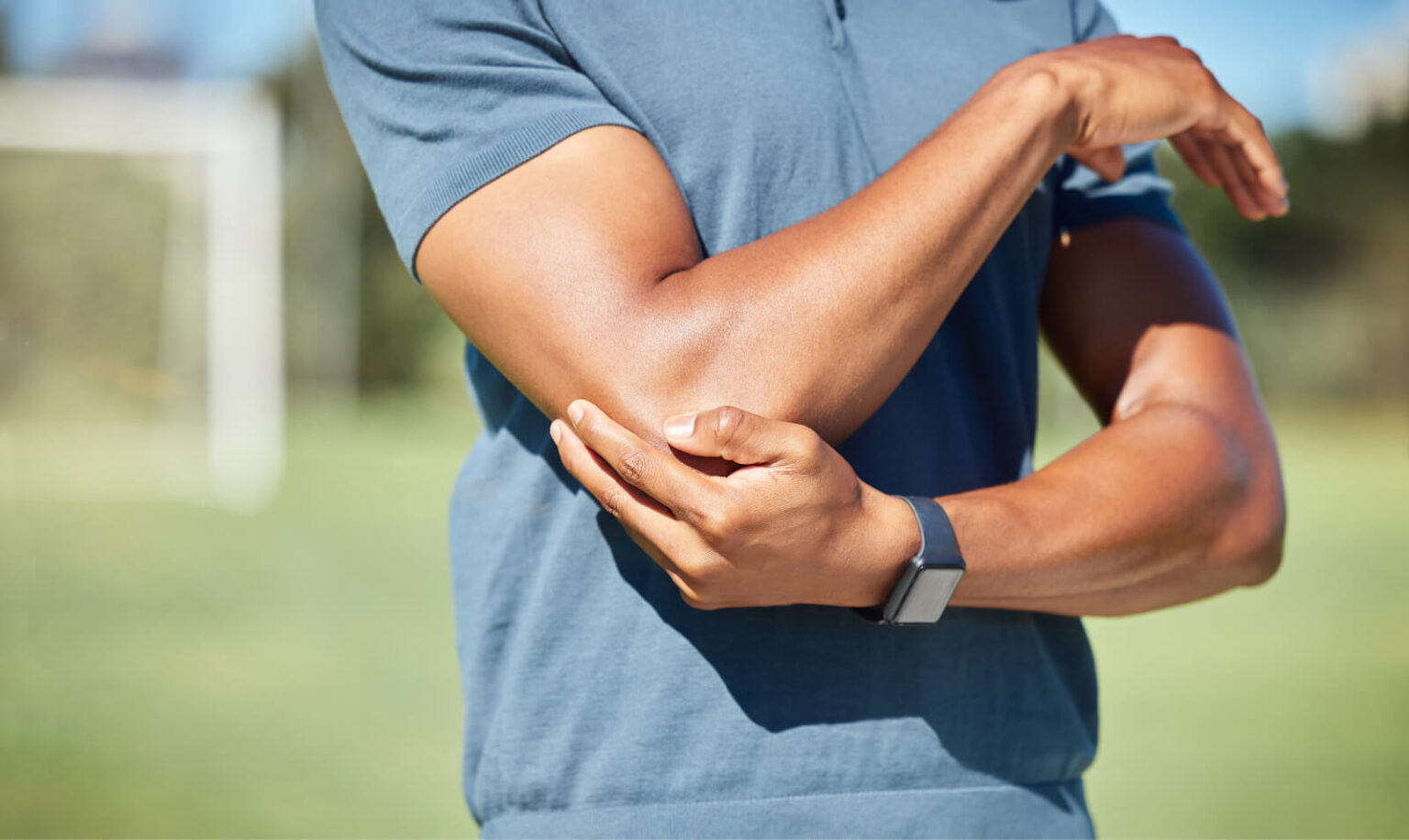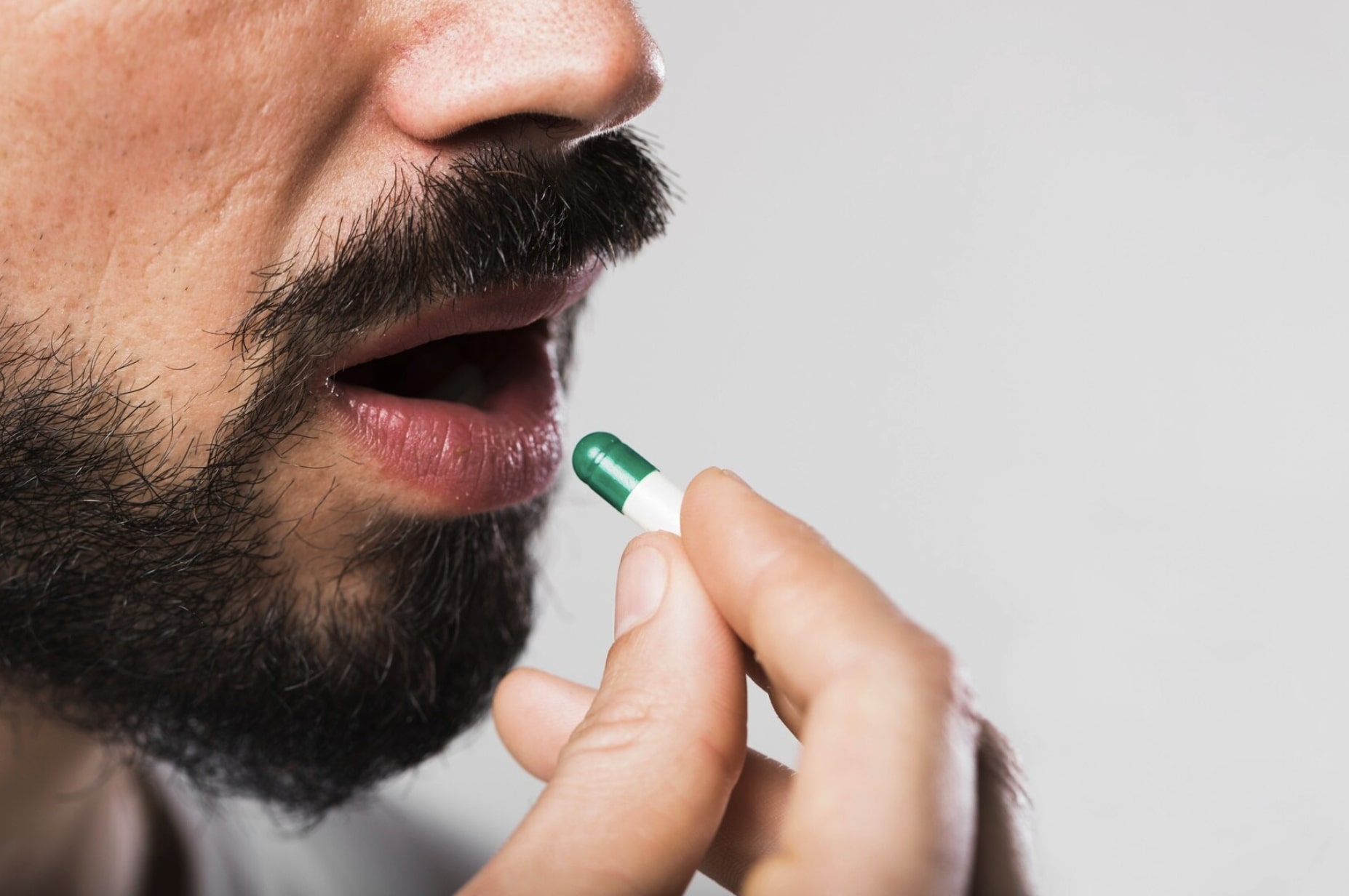Joint pain is a common issue for many men, especially as they age. However, not all joint pain is due to injury or conditions like arthritis. For some, the source of chronic stiffness and discomfort may be linked to something less obvious: low testosterone. While you might associate testosterone health primarily with muscle mass or libido, this essential hormone also plays a crucial role in overall joint health.If you're experiencing persistent joint pain without a clear cause, low testosterone could be the hidden culprit. In this article, we’ll discuss how low testosterone can impact joint health and how to tell if your joint pain may be related to hormones.
Understanding Testosterone’s Role in Joint Health
Testosterone plays a crucial role in maintaining bone density and muscle mass, both of which are essential for joint stability and overall mobility. It also supports the health of cartilage, tendons, and ligaments—key components that protect joints from wear and tear. When testosterone levels are adequate, these connective tissues remain strong, helping to prevent stiffness, strain, and injury. However, when testosterone is low, these structures can weaken, leaving joints more vulnerable to discomfort and instability.Another key role of testosterone is its impact on inflammation. Healthy levels of testosterone help regulate the body’s immune response. This works by suppressing pro-inflammatory cytokines like IL-6 and TNF-alpha, molecules commonly elevated in men with chronic joint pain and autoimmune conditions such as rheumatoid arthritis. (1)When testosterone levels decline, this anti-inflammatory regulation is disrupted, increasing the likelihood of swelling, discomfort, and joint damage over time.Low testosterone is typically defined as having levels below 300 nanograms per deciliter (2). When levels dip below this threshold, it can trigger a wide range of symptoms, including:
- Increased body fat
- Reduced muscle mass and strength
- Fatigue and low energy levels
- Low sex drive and erectile dysfunction
- Mood swings, depression, and irritability
- Increased inflammation and pain sensitivity
- Poor sleep quality and insomnia
- Memory loss
- Hair loss (3)
These factors can all contribute to or worsen joint pain, making it more difficult to move freely and comfortably. As testosterone levels decline, especially in men over 30, the impact on joint health can become more pronounced, leading to chronic discomfort and stiffness.Since testosterone also maintains bone density, low testosterone can also contribute to men experiencing osteoporosis, a bone disease that causes bones to become weak and brittle. (4)
Signs Your Joint Pain Might Be Hormone-Related
Not all joint pain is related to low testosterone. That’s why it’s important to understand some key signs that the two are linked. Some potential factors that could show a link between low testosterone and joint pain include:
- Fatigue and mood swings: If you're feeling more tired than usual or struggling with changes in mood in addition to joint discomfort, low testosterone could be at play.
- Generalized stiffness without clear injury: Joint stiffness that doesn't stem from a specific injury could be caused by osteoarthritis, which is linked to hormonal imbalances. (5)
- Slower recovery from workouts or physical activity: If it takes longer than usual for your body to recover after exercise, low testosterone might be a contributing factor.
- Pain that worsens with age or decreased muscle mass: As you age, you can begin to lose lean muscle mass. This can be compounded by a testosterone deficiency, which can cause joint instability and lead to increased pain.
If you notice these signs, head to your nearest Gameday Men’s Health location for a free hormone test.
Joint Pain from Low Testosterone vs. Other Causes
While joint pain can stem from a variety of causes, there are key differences between low testosterone joint pain and other, more common conditions like arthritis or general injury. Here are some key ways to tell the difference:FeatureHormone-RelatedArthritis/InjuryOnsetGradual, with other low testosterone symptomsSudden or activity-relatedPain LocationDiffuse or multiple jointsLocalized to one areaOther SymptomsFatigue, low libido, weight gainSwelling, redness, traumaTreatmentTRT, lifestyle changesNSAIDs, PT, joint procedures
How TRT May Help Reduce Joint Pain
Testosterone replacement therapy can be an effective way to manage joint pain and discomfort linked to low testosterone.Research has shown that TRT can have a substantial effect on joint pain. In one study, 58% of men participating reported joint pain at the beginning of the study, and that number dropped to 46% after three months of TRT, and just 22% by the nine-month mark. (6)Here are some ways that TRT can directly impact joint pain recovery:
- Reducing inflammatory markers: By addressing the underlying hormonal imbalance, TRT helps reduce systemic inflammation, which may contribute to joint pain.
- Improving muscle strength: Stronger muscles provide better support for your joints, alleviating strain and discomfort.
- Enhancing mobility and recovery: Patients often report improved energy levels, faster recovery times, and better overall mobility once they begin TRT.
At Gameday Men’s Health, we offer customized TRT programs tailored to each individual’s needs. Many men find significant relief from joint pain and other symptoms after starting therapy, allowing them to move more freely and live with less discomfort.
When to Get Tested for Low Testosterone
If you're experiencing joint pain along with other symptoms like fatigue, mood changes, low sex drive, or muscle loss, it may be time to get tested for low testosterone. Low testosterone is especially common in men aged 35 and older, as testosterone levels naturally decline with age. (7) Chronic stress can also contribute to hormone imbalances.A simple blood test can provide insight into your testosterone levels and help determine if low testosterone is the cause of your joint pain. Getting tested is the first step in uncovering the root cause of your symptoms and finding the right treatment for your long-term health.Testing your testosterone levels is quick and easy. It typically involves a simple blood draw, often done in the morning when testosterone is at its peak. Results can come back within a few days and offer insight into whether your levels fall within the healthy range. At Gameday Men’s Health, testing is fast, non-invasive, and can often be done on your first visit. If your numbers are low, your provider will work with you to create a treatment plan based on your specific symptoms and goals.
Why Choose Gameday Men’s Health for Hormone Support?
At Gameday Men’s Health, we specialize in accurate testosterone testing and provide expert analysis to determine the best course of action. Our customized TRT programs are designed to address not just low testosterone but the full spectrum of symptoms you may be experiencing.Our team is committed to helping you regain strength, clarity, and comfort, so you can live life to the fullest without the burden of joint pain or other related issues. At Gameday Men’s Health, we focus on a holistic treatment plan that involves:
- Comprehensive Hormone Testing: Baseline labs provide a clear snapshot of hormone levels, inflammatory markers, and other relevant biomarkers before any treatment begins. This data helps Gameday Men’s Health clinicians determine whether low testosterone is contributing to joint discomfort and guide appropriate, targeted treatment.
- Tailored Treatment Plans: Your therapy is designed around your body’s needs, not a generic protocol.
- Safe, Guided Care: All treatments are physician-supervised for safety, results, and peace of mind.
- Ongoing Support: Our team works with you every step of the way—from check-ins to adjustments and beyond.
Joint Pain and Low Testosterone: Stop Guessing and Start Healing
If you're struggling with joint pain and suspect that low testosterone may be the cause, don’t wait any longer to take action. Remember, not all joint pain is mechanical, and the pain you’re experiencing may be treatable with targeted hormonal therapy such as TRT.If you believe your joint pain may be related to low testosterone, don’t guess—schedule your consultation with Gameday Men’s Health to get the answers you need for less pain and better wellness.References
- The Anti-Inflammatory Effects of Testosterone
- Evaluation and Management of Testosterone Deficiency (2024)
- Signs and Symptoms of Low Testosterone
- Joint Pain: Is Low Testosterone the Cause?
- Correlation between low testosterone levels and the risk of osteoarthritis: a cross-sectional analysis of NHANES data
- Testosterone replacement therapy improves the health-related quality of life of men diagnosed with late-onset hypogonadism
- Testosterone for the aging male; current evidence and recommended practice











